Josh Egesi on his designs and evolving culture: 'Design is a form of cultural documentation'
Nigerian designer Josh Egesi tells Wallpaper* about the creativity behind his studio, design approach, his country's cultural revolution, and venturing into surfboard design
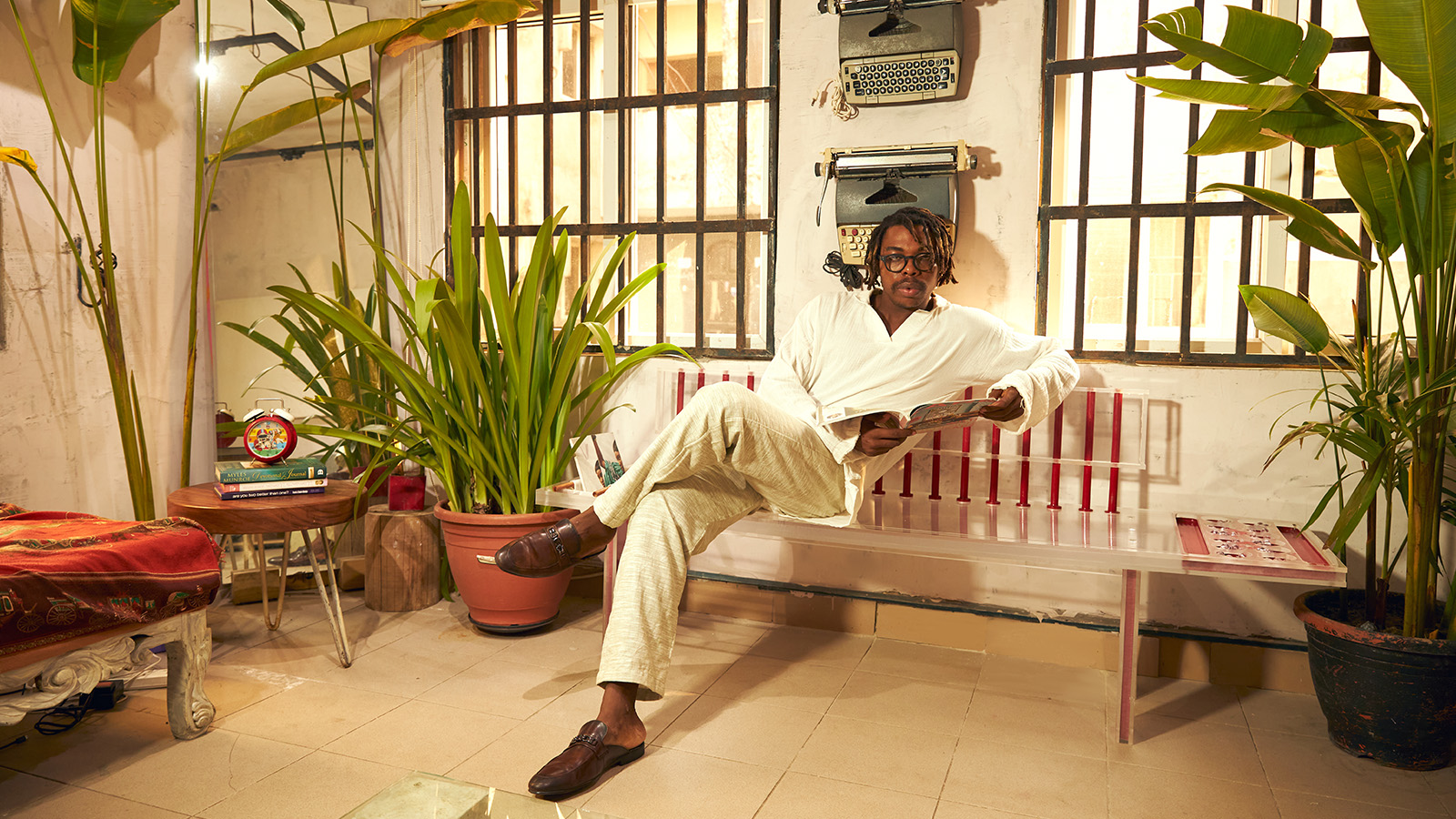
'Design for me as a practice started recently, but the need to solve problems started a long time ago,' shares Josh Egesi, who founded his interdisciplinary design studio Ike in Lagos in 2021, at the height of pandemic. Since then, Egesi’s studio has enjoyed the kind of speedy ascent that many design practitioners can only dream of.
His Ikenna tripod fan became something of a cult collectable and tropical home essential for the aesthetically minded in Nigeria, and global acclaim has come via a seminal debut at Milan Design Week 2024, where his Ayo bench was part of Wallpaper’s Class of ’24 exhibition at Triennale. However, plaudits aside, it is delivering solutions from a project, product and community level that underpin Egesi’s design credo.
Josh Egesi's influential designs
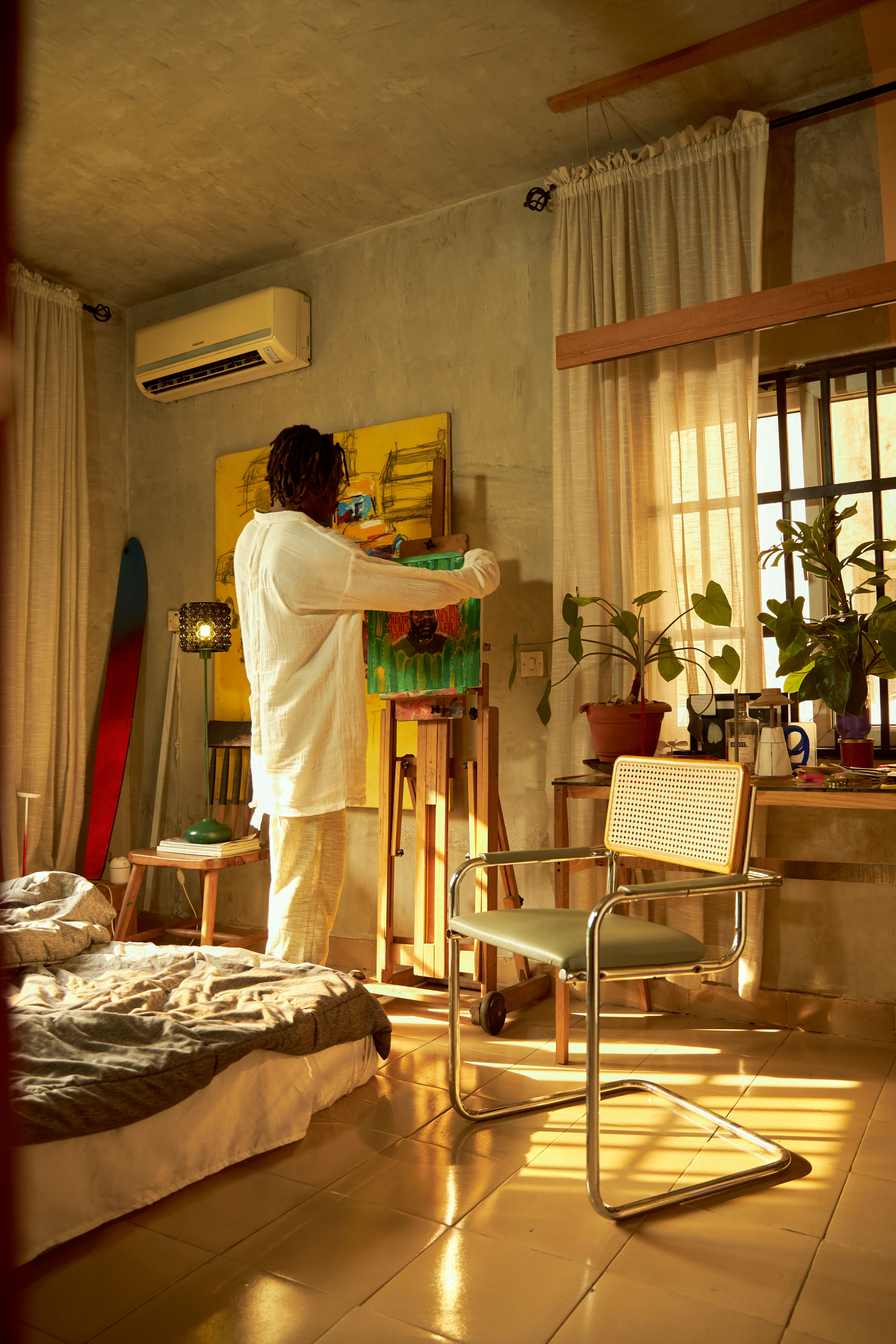
Josh Egesi in the studio
Origin stories often provide clues to a designer’s future trajectory and for Egesi (who holds a Diploma in Industrial Design from Federal Polytechnic in Auchi Edo State, and a BA in Fine and Applied Art from the University of Benin), an insatiable passion for a plethora of subjects coupled by an innate inquisitiveness have been the roots.
'I was a curious child, one of the things I created was a fan because I felt like this would be a cool idea and it made a lot of sense that we can walk around with handheld fan.' It was a prescient idea, as handheld fans are now ubiquitous across Africa, and Egesi himself burst onto the scene with a fan, but it is his commitment to having a holistic understanding of design that marks him out as an important new voice. 'I am interested in how humans function and I am constantly asking questions and trying to understand how I can use my knowledge to enhance something else. I have worked as a graphic artist, and I even interned with an electrical engineer at one point.'

Ayo Bench
Egesi is known for creating pieces that articulate contemporary Africa’s mores, noting; 'I think design, just like music, is a form of cultural documentation.' The Ikeoku floor lamp and the Ayo Bench are compelling expositions of this. Whilst the lamp is a love letter to the kerosene lanterns that are used in urban centres and rural locations in Africa, the bench delves into the importance of play (Ayo is a traditional game that has variants across Nigeria), how colours have strong spiritual associations, and what leisure might look like in the here and now.
'The Ayo game is one side and the magazine holder on the other side because I am transcultural to an extent, and I made the bench red to prompt deep conversations. A lot of people associate red with juju in Nigeria, but red is also the dominant colour of Benin,' where Egesi studied. It is these ambiguities that Egesi chooses to continue to explore in his work.

Ikenna tripod fan
Egesi’s practice is also reflective of the material realities for designers living and working in Nigeria. Of the fewer material choices in comparison to peers residing in the Global North he explains, 'I really wouldn’t call it a limitation, we just have a different material culture, and we need to find a way to innovate.' He often returns to wood explaining, 'I am trying to educate people about our material culture and how we need to evolve it. Wood is easy to work with, easily accessible, malleable and thus easy to forge, and can take on any form. It can be used to replace plastic essentially, so it works for me.' The Yabasi table lamp, another commercial success for the studio, is testimony to this.
Wallpaper* Newsletter
Receive our daily digest of inspiration, escapism and design stories from around the world direct to your inbox.
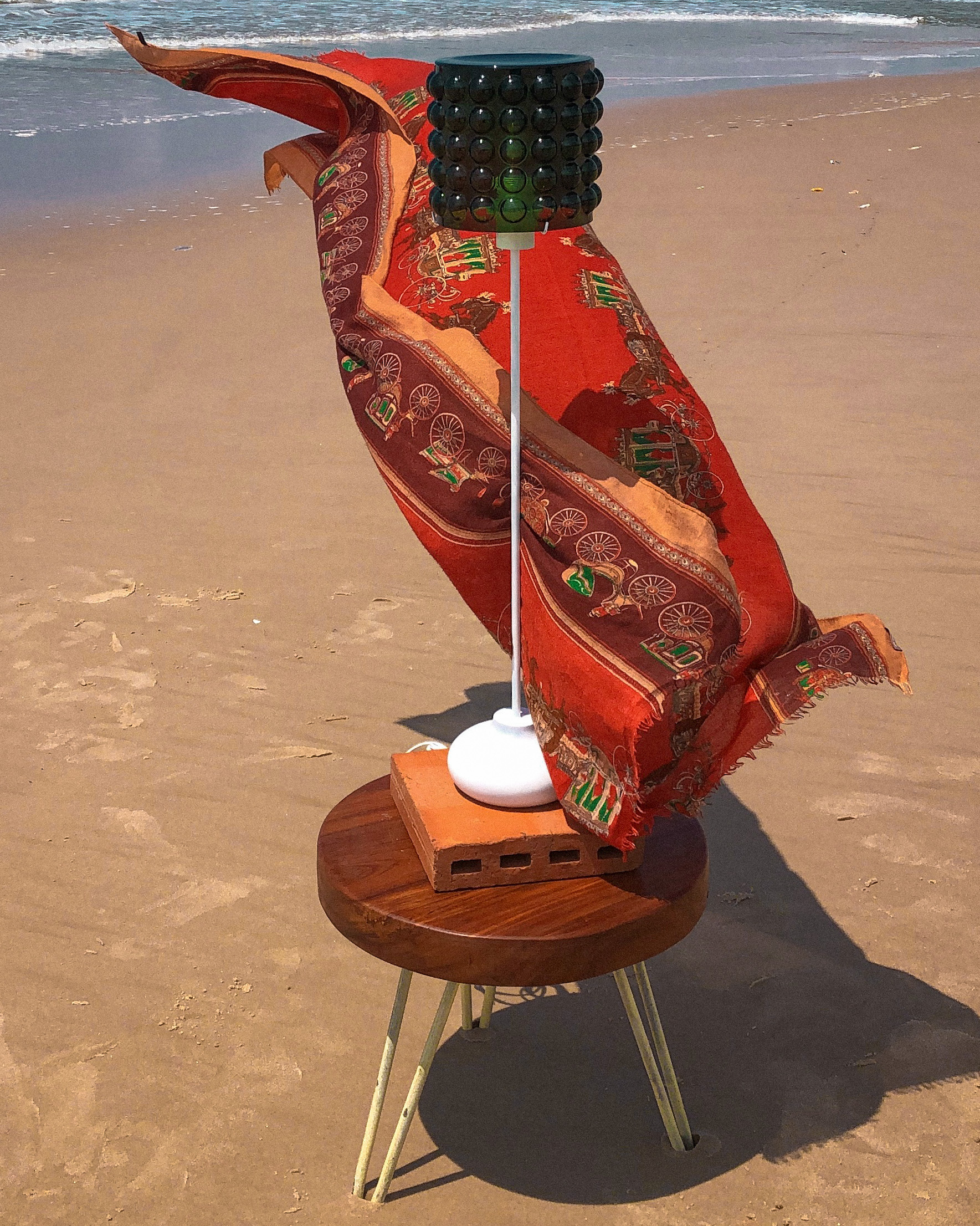
Yabasi Lamp
Egesi’s elegy to collective memory comes to the fore in many of his pieces; 'I design pieces that I think resonate with people that have shared similar experiences to me,' he says. However, Ike is not a nostalgia project. Whilst the past might gently be alluded to, Egesi notes: 'One of my core values is supporting cultural evolution. I think a lot of the time in Africa we tend to have some sort of reverence for our culture. Forgetting that this culture was a way of life for our ancestors and if they were alive now, it would have changed.'
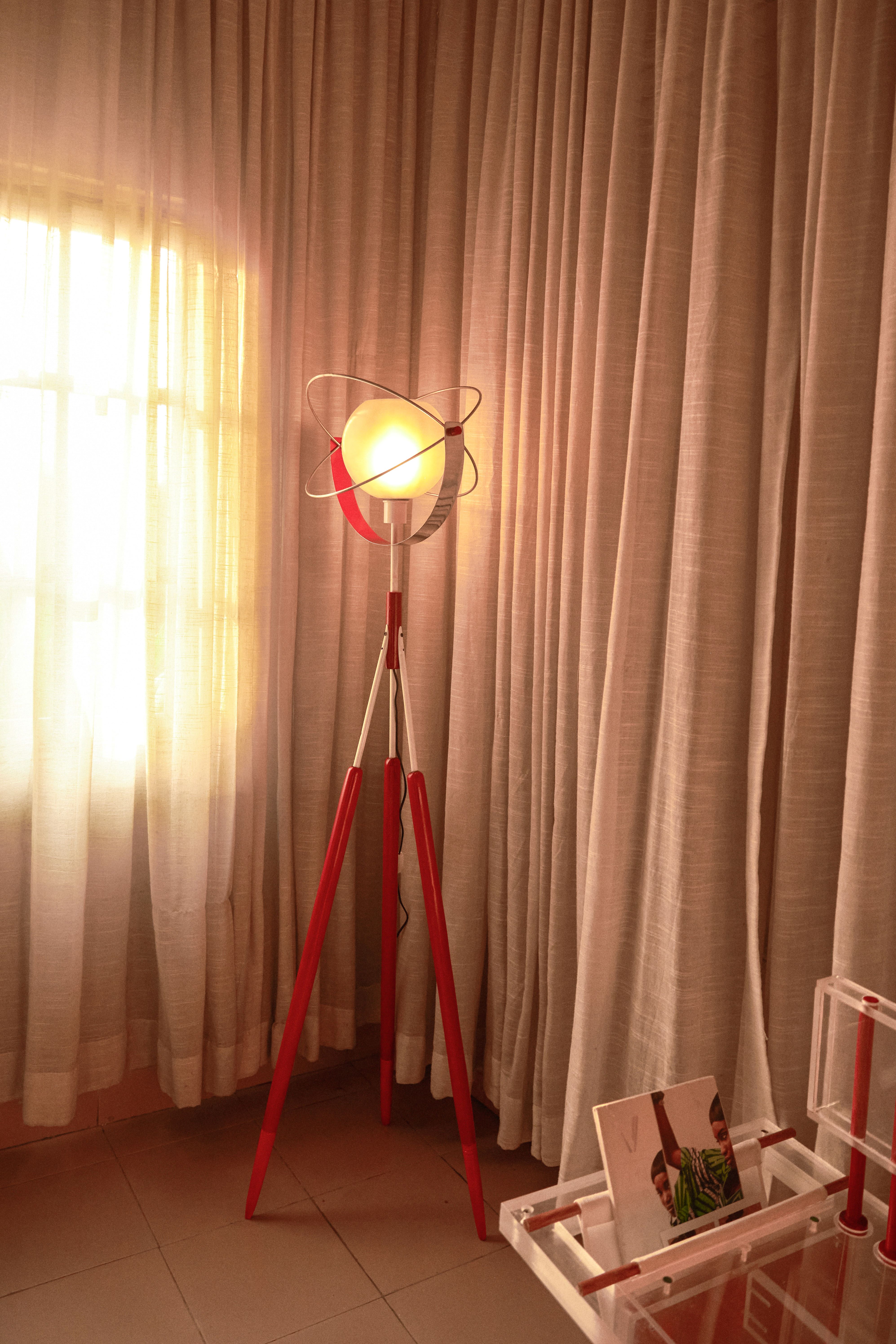
ikeoku Floor Lamp
Embracing this call, Egesi launched Sapele, a surfing brand that is centred on the surf culture found in Tarkwa Bay and acts as a social enterprise and design incubator. 'We basically created a surfboard from ocean waste. We used wood locally sourced and then we used Styrofoam collected from the seaside and made our first prototype.'
Whilst Egesi observes that 'industrial design is capital intensive as a practice', a challenge that has affected the ecosystem in Africa, he is ultimately optimistic about his future contributions both regionally and globally. 'I want to be that connecting bridge for our designs, and collaborations would be amazing.' Given his first three years of operations, there is certainly more to come from this dynamic and distinct voice.
Mazzi Odu is a Ugandan-British writer, editor and cultural consultant based in Lagos, Nigeria. Her work focuses on jewellery, design, fashion and art. An alumna of the London School of Economics and Political Science, she has profiled a cross section of leading design talents and creative voices, with a special emphasis on those from the Global South and its Diaspora communities.
-
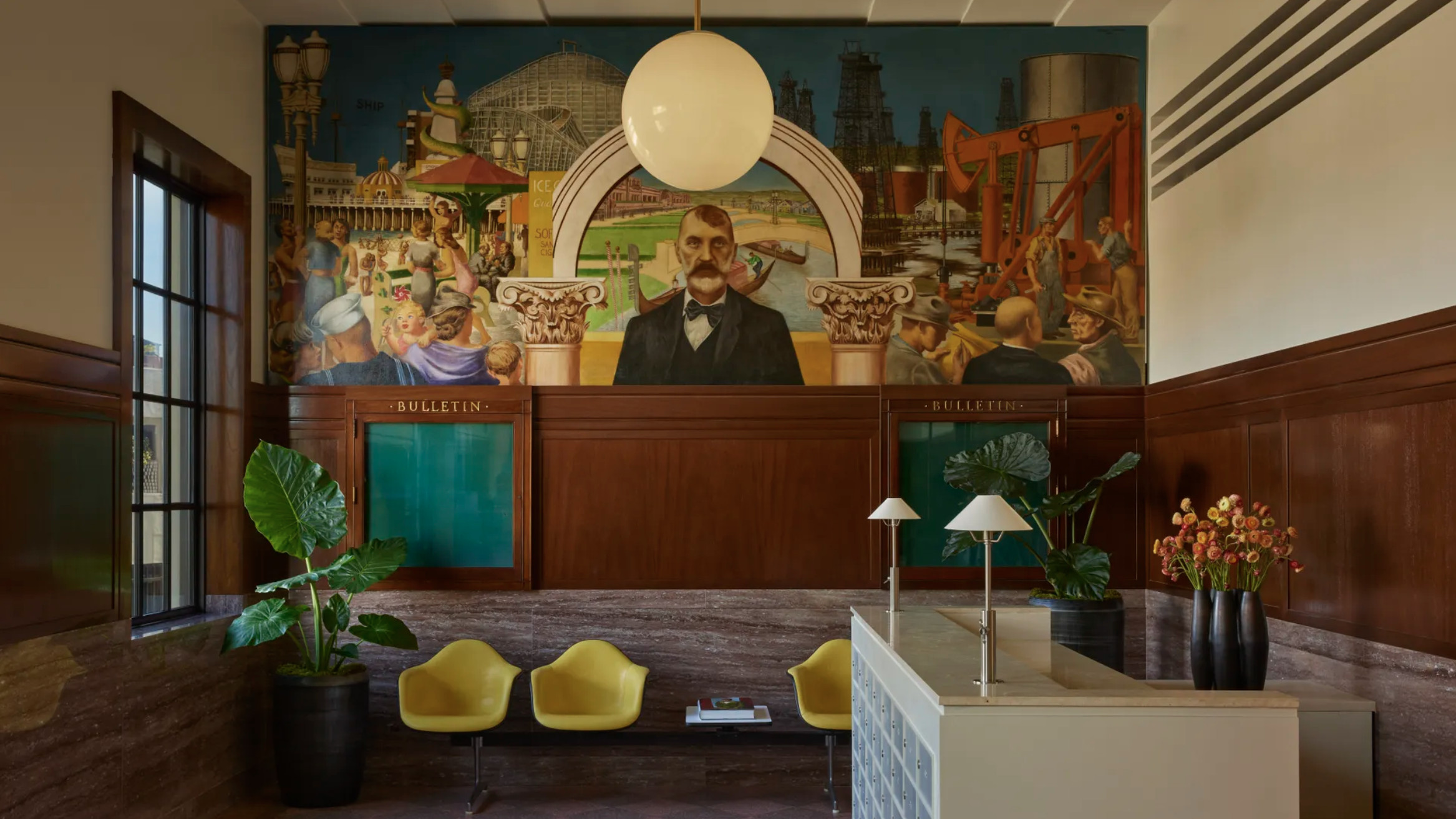 The Lighthouse draws on Bauhaus principles to create a new-era workspace campus
The Lighthouse draws on Bauhaus principles to create a new-era workspace campusThe Lighthouse, a Los Angeles office space by Warkentin Associates, brings together Bauhaus, brutalism and contemporary workspace design trends
By Ellie Stathaki
-
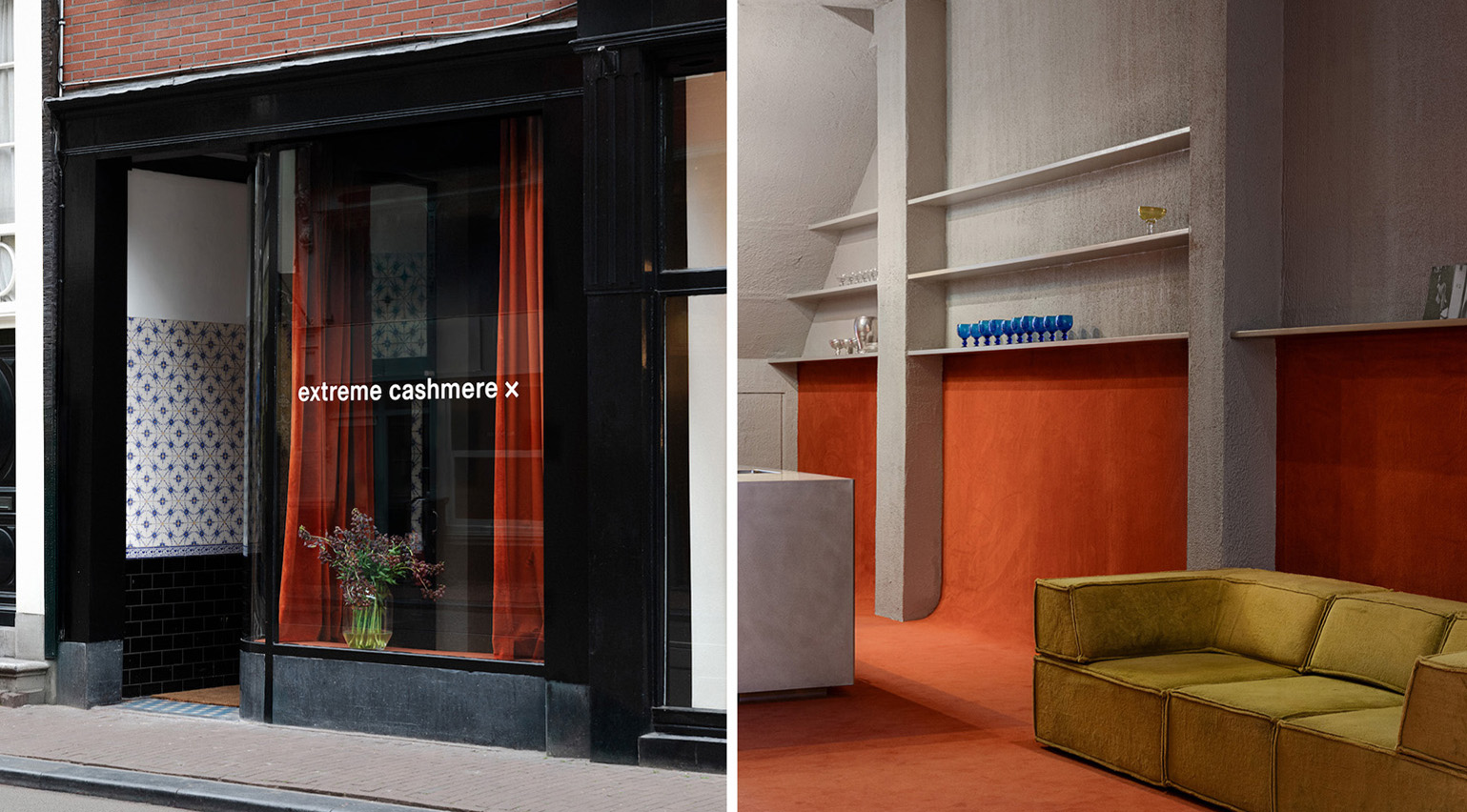 Extreme Cashmere reimagines retail with its new Amsterdam store: ‘You want to take your shoes off and stay’
Extreme Cashmere reimagines retail with its new Amsterdam store: ‘You want to take your shoes off and stay’Wallpaper* takes a tour of Extreme Cashmere’s new Amsterdam store, a space which reflects the label’s famed hospitality and unconventional approach to knitwear
By Jack Moss
-
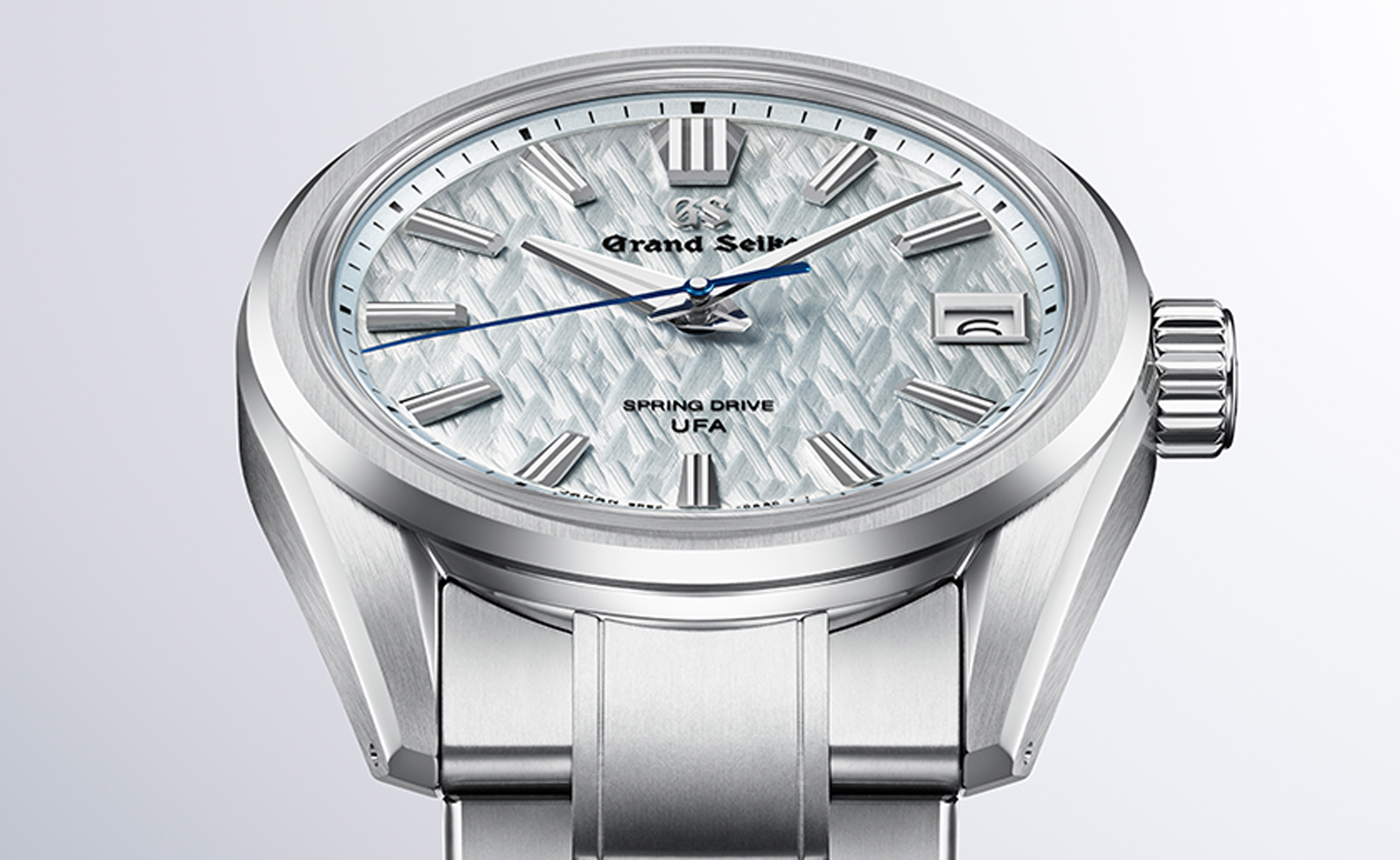 Titanium watches are strong, light and enduring: here are some of the best
Titanium watches are strong, light and enduring: here are some of the bestBrands including Bremont, Christopher Ward and Grand Seiko are exploring the possibilities of titanium watches
By Chris Hall
-
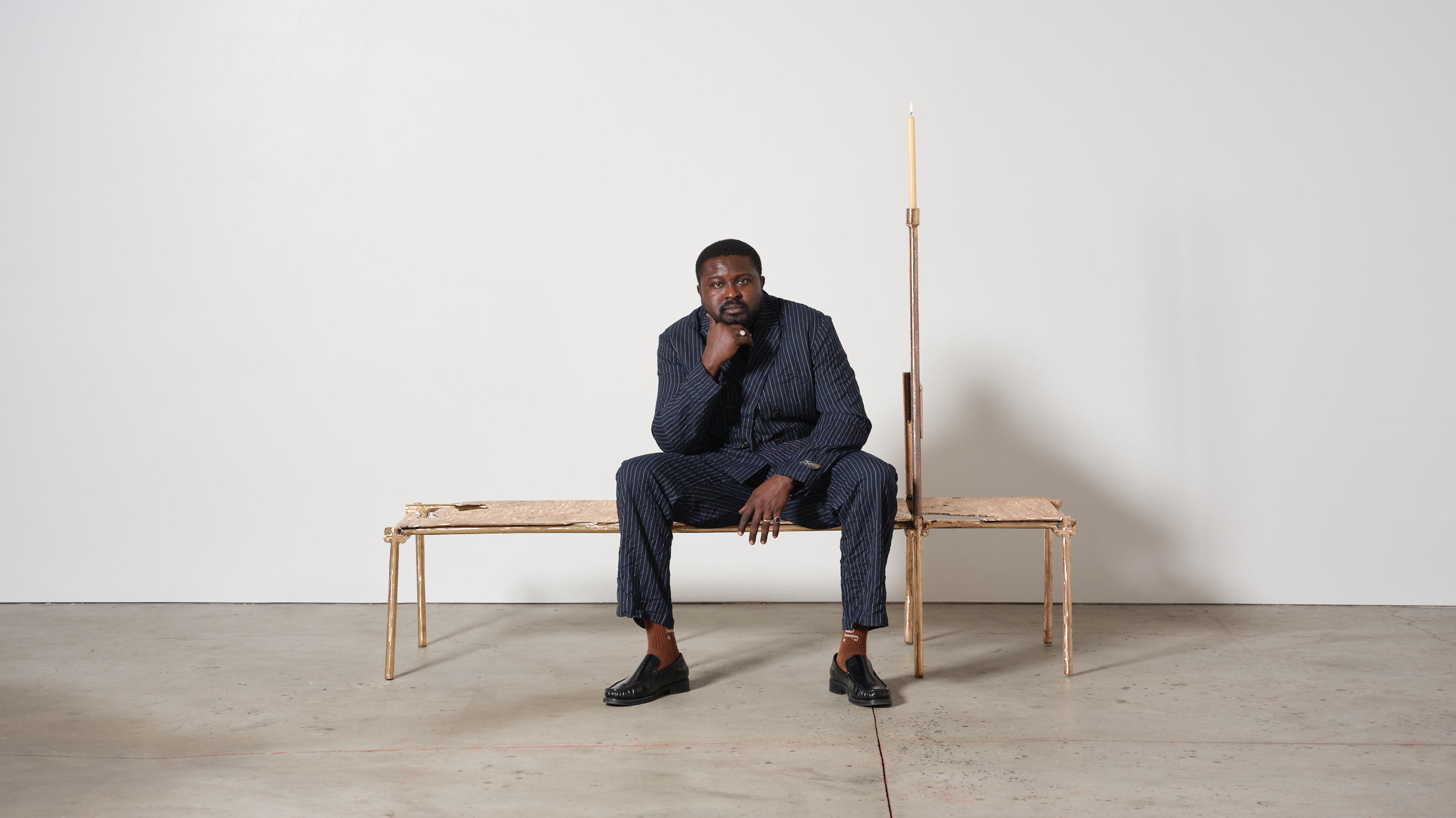 'The more I create, the more questions I have': Nifemi Marcus-Bello on craft and creativity
'The more I create, the more questions I have': Nifemi Marcus-Bello on craft and creativityThe Nigerian designer discusses the evolution of his Oríkì series, the distinct design language of Lagos and the shifting landscape for young African designers
By Ali Morris
-
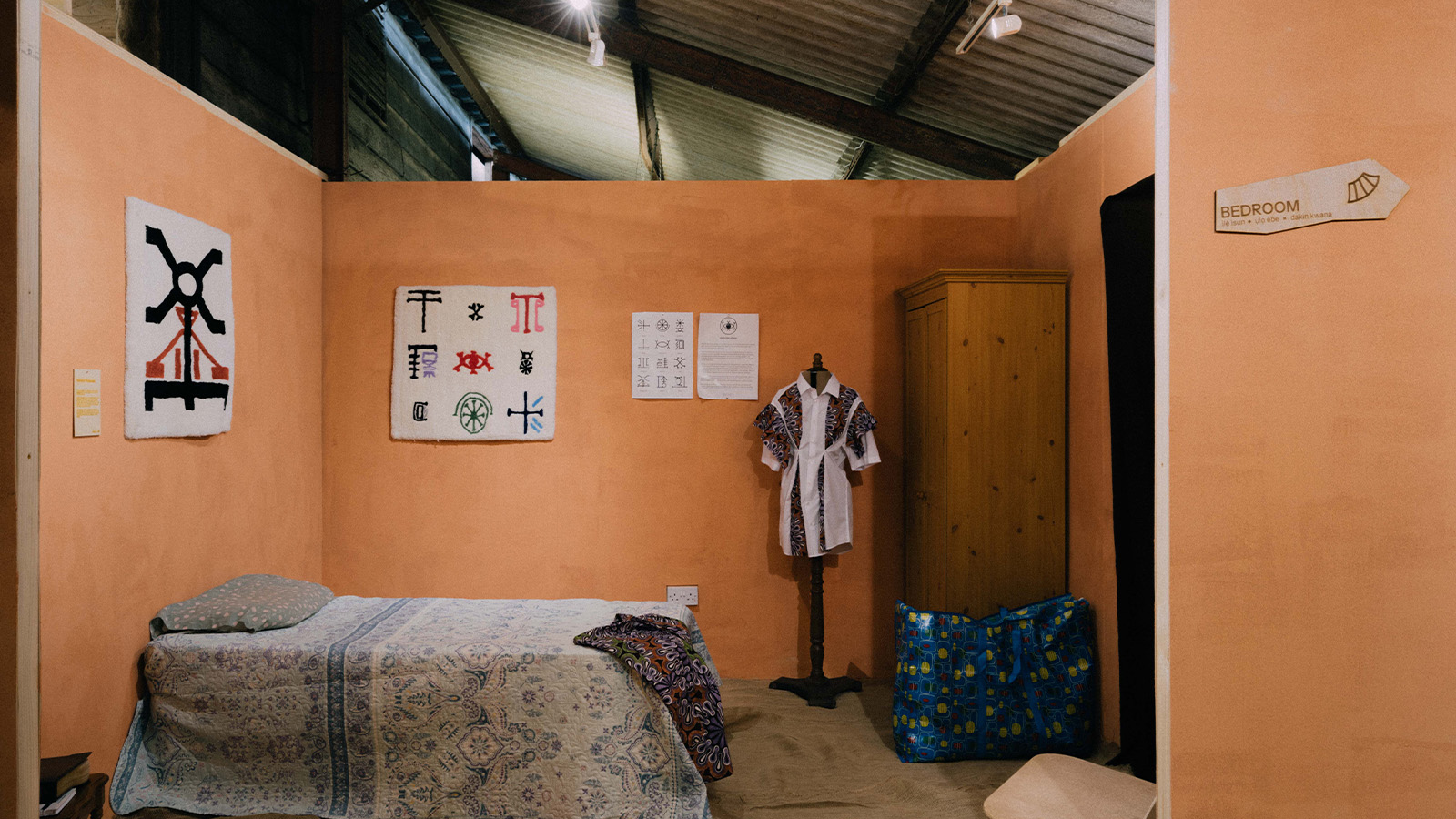 'What Makes a Space Nigerian?' is an exhibition celebrating the key elements of West African Homes
'What Makes a Space Nigerian?' is an exhibition celebrating the key elements of West African Homes‘Our aim was to create a space that Nigerians could connect with', says Moyo Adebayo's on his latest exhibition 'What Makes a Space Nigerian?' which explores what defines a Nigerian home
By Shawn Adams
-
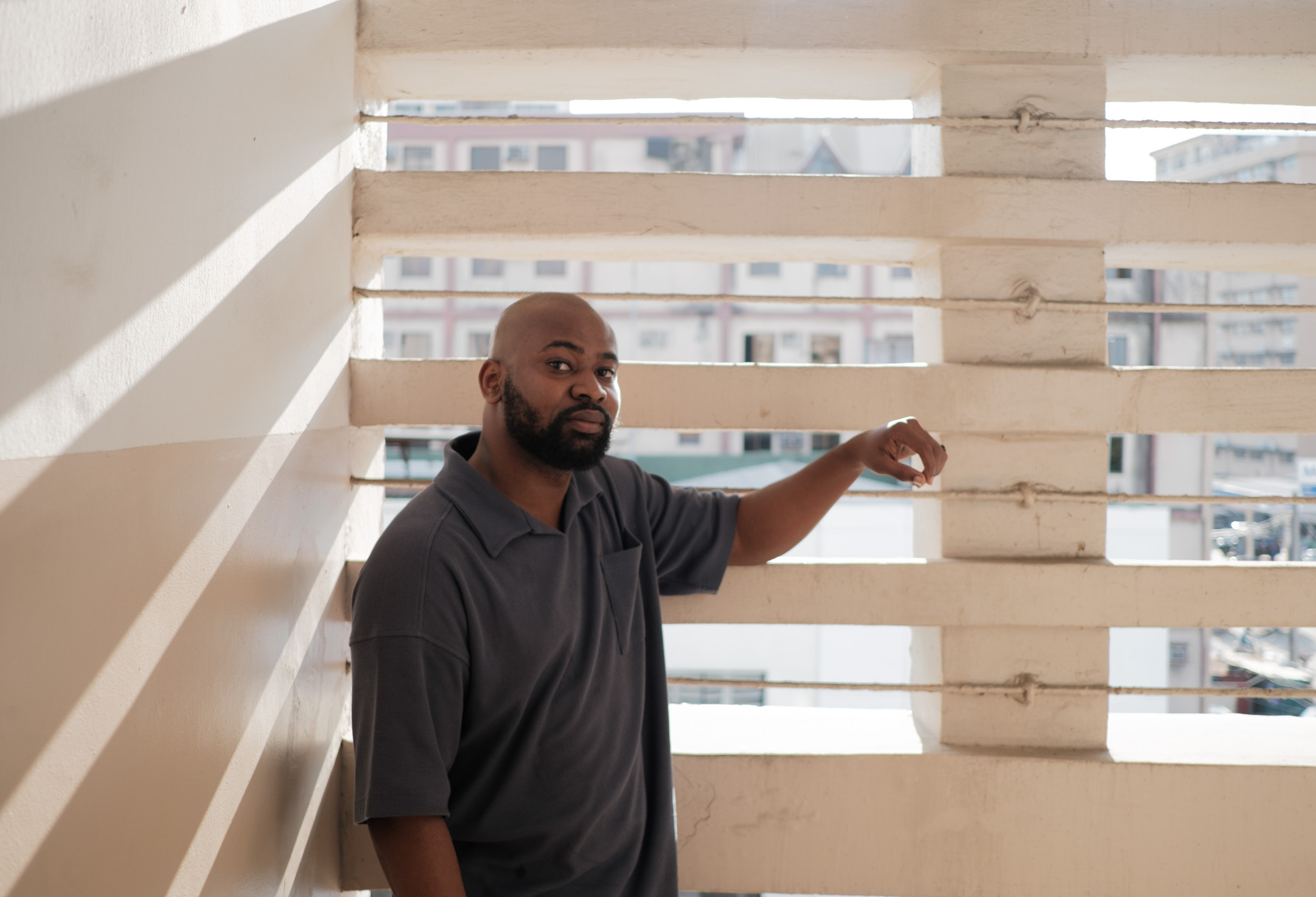 Olorunfemi Adewuyi's community-oriented design honours local culture and tradition
Olorunfemi Adewuyi's community-oriented design honours local culture and traditionIn a rapidly changing world, the route designers take to discover their calling is increasingly circuitous. Here we speak to Olorunfemi Adewuyi on his thoughts on how design has a social and democratic impetus
By Hugo Macdonald
-
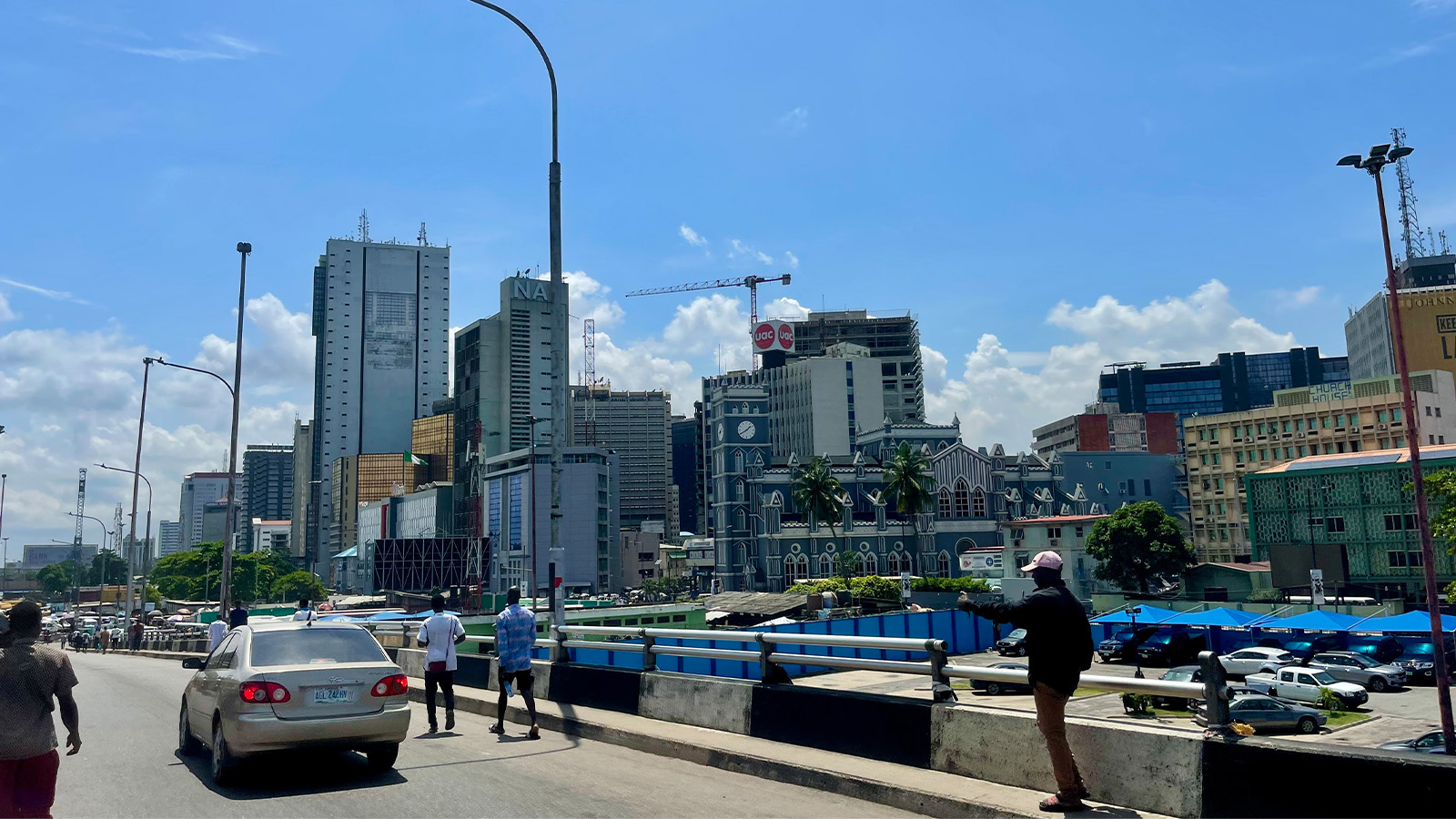 Postcard from Design Week Lagos 2024
Postcard from Design Week Lagos 2024Reporting from Nigeria’s capital during Design Week Lagos 2024, our correspondent shares his view from the streets and explores the role of design in economic evolution
By Ugonnaora Owoh
-
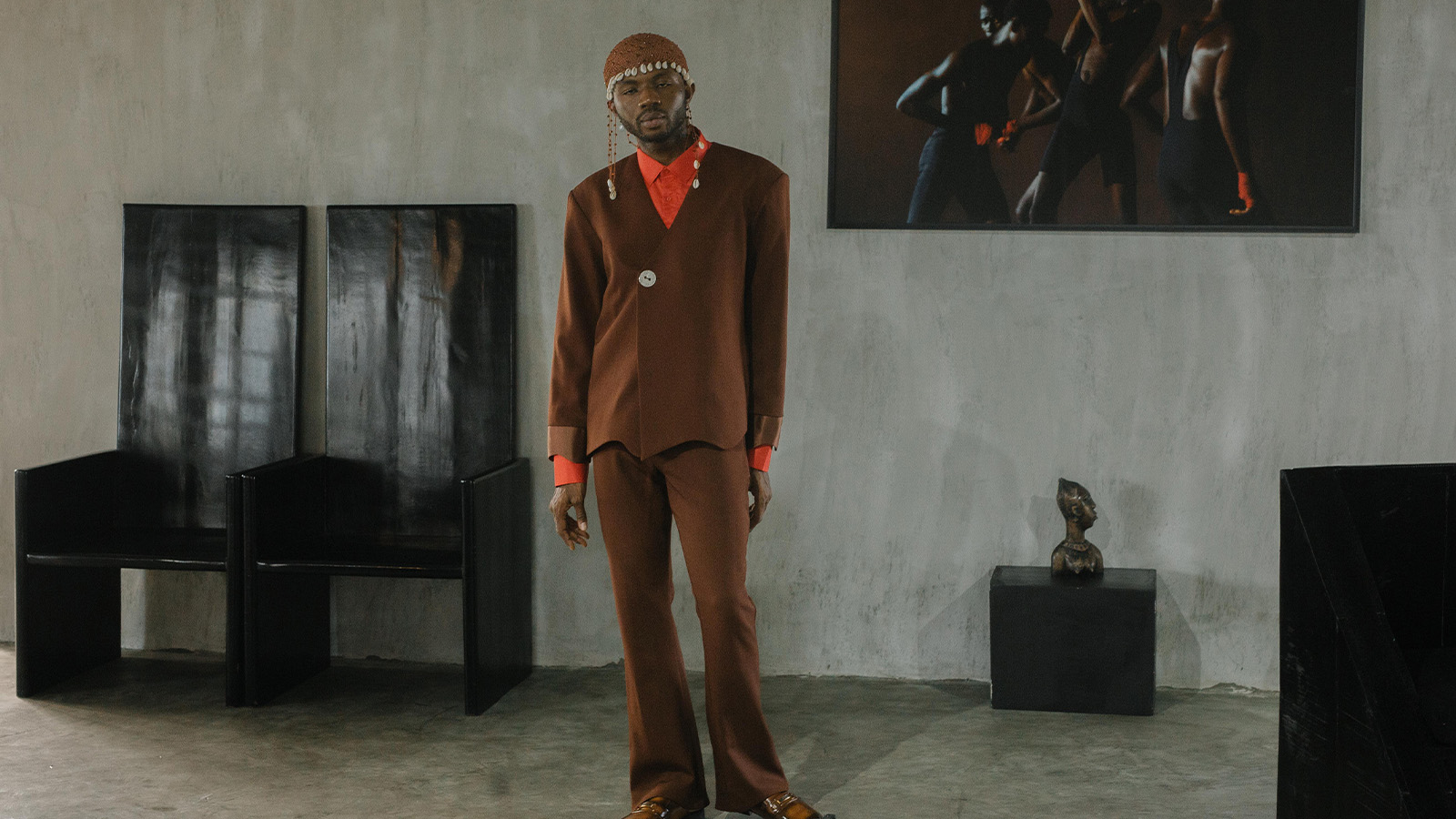 Daniel Obasi discusses Lagos’ Amah members’ club, where vocation and wonder can meet
Daniel Obasi discusses Lagos’ Amah members’ club, where vocation and wonder can meetAmah, a new members’ club founded by photographer, art director and stylist Daniel Obasi, is a creative co-working space and meeting point for Lagos’ creative class
By Mazzi Odu
-
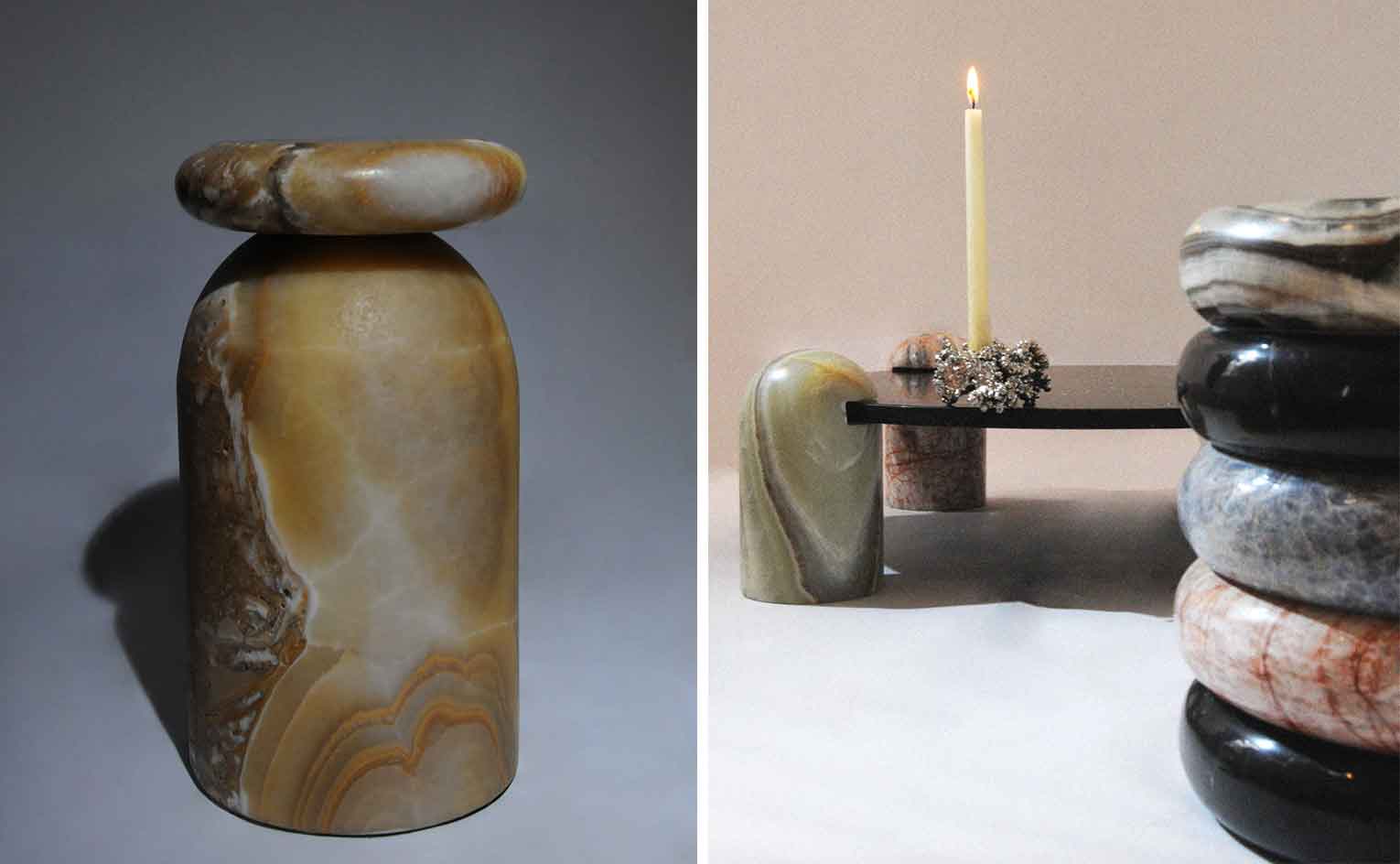 Panorammma's design work is a combination of fictional worlds
Panorammma's design work is a combination of fictional worldsWallpaper* Future Icons: Mexico City-based design studio Panorammma is the practice of 29-year old Maika Palazuelos
By Francesca Perry
-
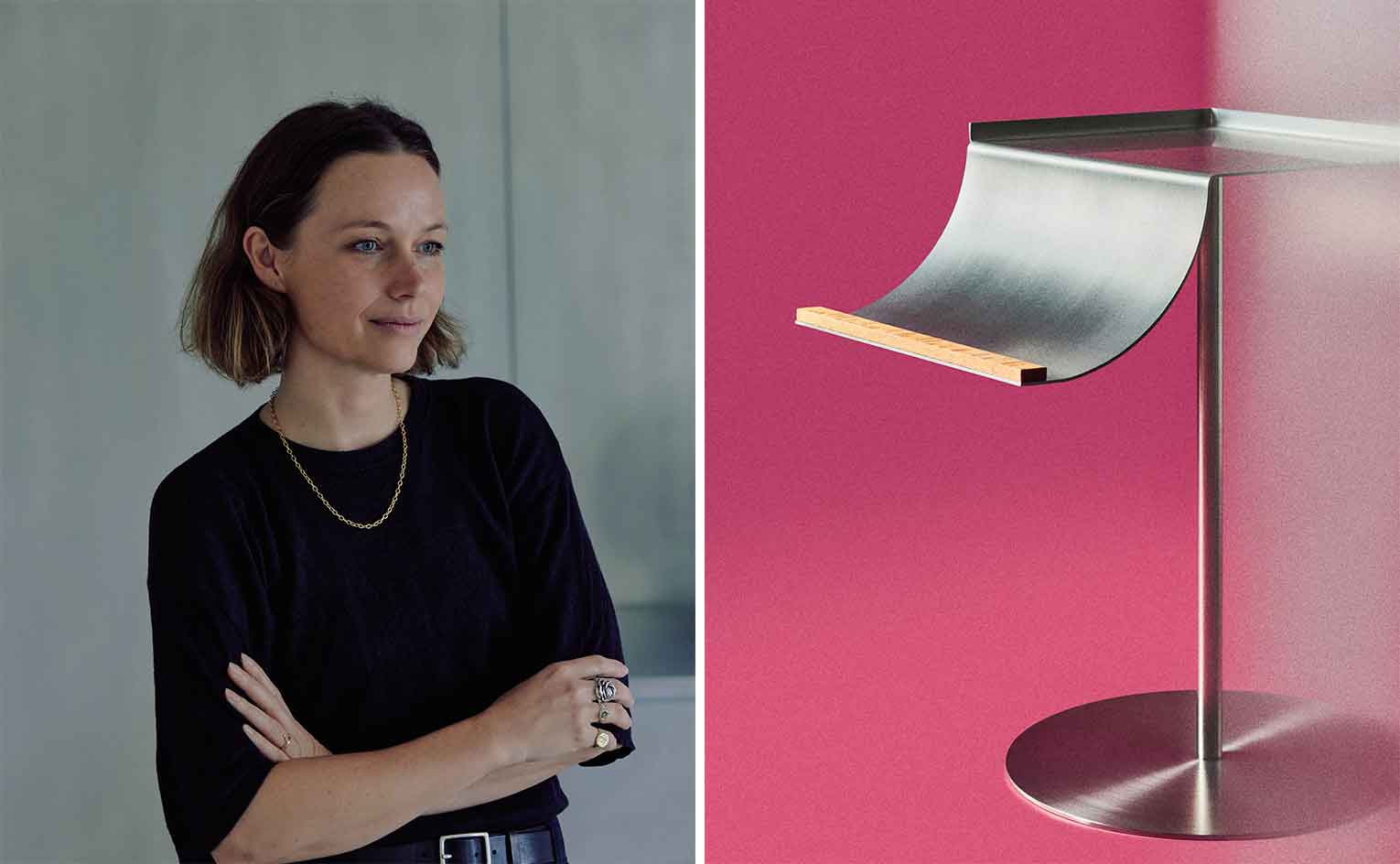 Olivia Bossy's sculptural furniture is inspired by everyday moments
Olivia Bossy's sculptural furniture is inspired by everyday momentsWallpaper* Future Icons: based in Sydney Olivia Bossy turns visuals and ideas into sculptural furniture
By Rosa Bertoli
-
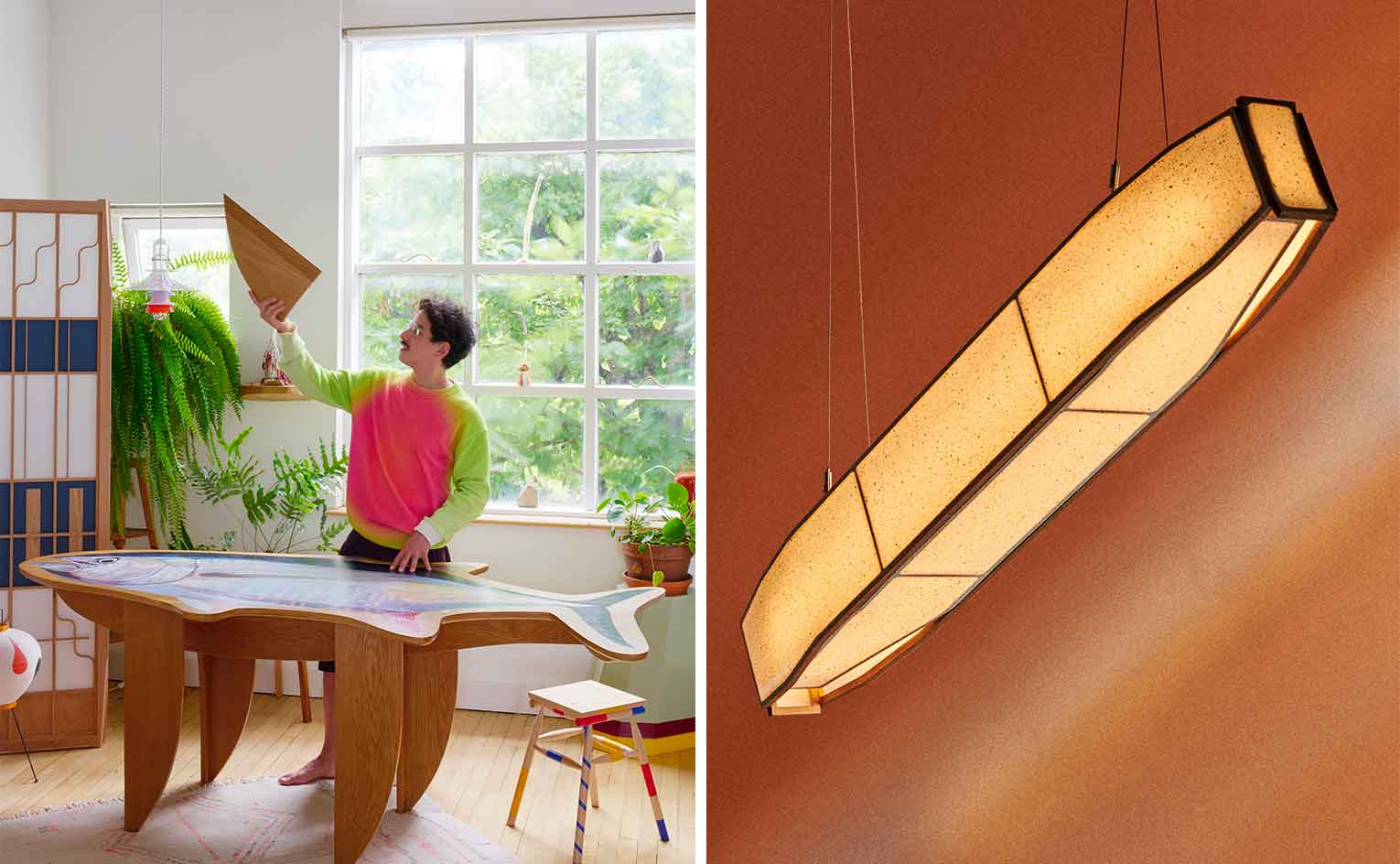 Rio Kobayashi turns traditional furniture making on its head
Rio Kobayashi turns traditional furniture making on its headWallpaper* Future Icons: how Austrian-Japanese designer Rio Kobayashi reinvents traditional furniture through diverse influences and collaborations
By Rosa Bertoli